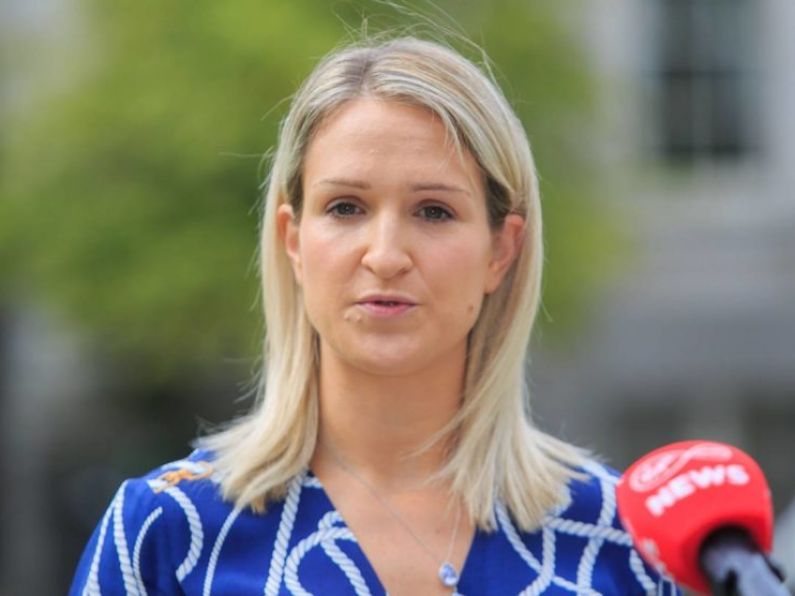Last year, 14,159 calls were received by the Dublin Rape Crisis Centre's (DRCC) helpline, with the numbers seeking counselling also increasing.
A new report from the DRCC, to be published today, "vividly illustrates the significant problem of sexual violence we still face in Ireland," Helen McEntee, the Minister for Justice, has said.
The DRCC saw a 118 per cent jump in people requesting help navigating the criminal justice system in 2019, compared to 2018.
There were 300 people were directly supported by the DRCC, in attending a sexual assault treatment unit (SATU), following rape or sexual assault last year; a jump of 42 per cent from 2018.
The DRCC's annual report, which will be launched online by Ms McEntee at 3:30pm, shows a growth in people seeking all its services.
Last year, the DRCC's national helpline received 14,159 calls, an increase of 6 per cent from 2018. Of these, 7,704 people were contacting the service for the first time.
Those seeking therapy and counselling grew to 617 in 2019, an increase from 582 in 2018, and 120 training days were delivered to 1,631 people, with 69 talks given in secondary schools and colleges.
Noting the surge in demand, DRCC CEO, Noeline Blackwell, referenced their expanded justice-system-accompaniment service as a key support for people.
"We have to underline, again, what a lonely place the justice system is for those who report sexual offences."
"While we are glad to support as many as we can, our support, dependent on the public fundraising resources we can bring to it, is no substitute for adequate, structured supports for victims of these most intimate of crimes."
Ms Blackwell said that the centre was glad to see the publication of the O’Malley Report, which made sweeping recommendations for change in August 2020.
Speaking ahead of the launch, Ms McEntee said: "The Dublin Rape Crisis Centre annual report, 2019, vividly illustrates the significant problem of sexual violence we still face in Ireland."
The minister said she was developing an implementation plan for the O'Malley Report and was committed to "urgent action" for victims.
While demand for DRCC services has grown, public fundraising has "fallen off a cliff" since March, Ms Blackwell said, with such events "at a standstill" because of Covid-19 restrictions.
Ms Blackwell warned of a further surge in demand for their services, as 20 per cent of the centre’s clients in 2019 reported abuse by partners or ex-partners and many people have been trapped at home with their abuser.
DRCC counsellors noted extremely heightened anxiety levels and feelings of isolation from helpline callers and therapy clients.
"As restrictions have eased, there has been a significant surge in demand, putting our services under unprecedented pressure," Ms Blackwell said. "It will be essential that we can continue, and even expand, our work to cope with that surge, as we face into the winter and into 2021,” Ms Blackwell said.
Anyone impacted by sexual violence or abuse can call the national 24-hour helpline on 1800 77 88 88.






